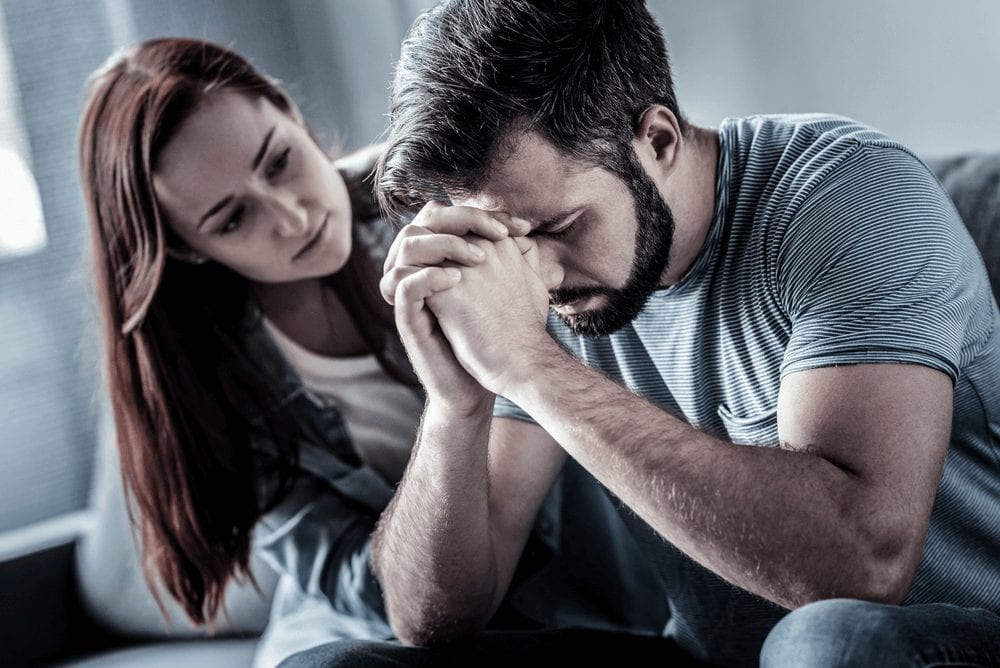Coronavirus: Why are loss of smell and taste reportedly symptoms of Covid-19?
Throughout the course of the coronavirus pandemic, discussions have taken place surrounding the possibility that the virus can be spread by people who are asymptomatic.
Though the two primary symptoms of Covid-19 have been widely cited as a high temperature and a new, continuous cough, health officials have recently stated that loss of smell and taste could also be lesser-known symptoms of the virus.
In a statement published online, the British Association of Otorhinolaryngology (ENT UK) outlined that the symptoms had been found among “a number of patients” in the “absence of other symptoms”.
Download the new Independent Premium app
Sharing the full story, not just the headlines
Professor Claire Hopkins, president of the British Rhinological Society, and Professor Nirmal Kumar, president of ENT UK, said in the joint statement that there had been a sudden rise “in cases of isolated anosmia” — total or partial smell loss — in the UK, US, France and northern Italy.
“I think these patients may be some of the hitherto hidden carriers that have facilitated the rapid spread of Covid-19,” the statement said. “Unfortunately, these patients do not meet current criteria for testing or self isolation.”
Several high-profile figures who have been diagnosed with the coronavirus have revealed they have experienced loss of taste and smell as a result, including health minister Nadine Dorries and Dancing on Ice star Matt Evers.
“A side effect of #coronavirus for me is the fact that I have lost [100 per cent] of taste and smell,” Dorries tweeted on Thursday 19 March.
“Absolutely zero of both, so weird. Eating and drinking warm or cold that’s all I can tell. No point in putting a tea bag in the water.”
So why are loss of smell and taste supposedly symptoms of the coronavirus?
In the joint statement released by Professor Hopkins and Professor Kumar online, it explained that there are a “significant” number of coronavirus patients in South Korea, China and Italy who have developed anosmia and hyposmia (reduced ability to smell and detect odours).
The release outlined that post-viral anosmia is “one of the leading causes of loss of sense of smell in adults”, accounting for approximately 40 per cent of cases.
“Viruses that give rise to the common cold are well known to cause post-infectious loss, and over 200 different viruses are known to cause upper respiratory tract infections,” the professors said.
“Previously described coronaviruses are thought to account for 10 to 15 per cent of cases. It is therefore perhaps no surprise that the novel Covid-19 virus would also cause anosmia in infected patients.”
The Washington DC-based Taste and Smell Clinic stressed that it is common to experience smell and taste loss after a “viral-type infection”.
“During the acute phase of a viral cold a patient may experience nasal congestion and blockage caused by nasal obstruction, membrane edema and excess nasal secretions,” the clinic explains on its website.
“This congestion may cause temporary loss of smell and taste but with recovery from the cold, over time, these nasal symptoms disappear, ease of nasal breathing is resumed and smell and taste function commonly reappear as they did prior to the onset of the viral cold.”
The clinic adds that in approximately one per cent of cases, patients suffer a “persistent loss of smell and taste”.
The organisation states that the question as to why viral infections cause smell and taste loss is one that has “caused much confusion for several years”.
“What we began to hypothesise was that after recovery, which eliminated the acute systemic viral attack, there was a residual and persistent viral process affecting the protein secreting glands in the nose and mouth which caused smell and taste loss,” it said.
“Although the dynamics of this viral process are still unknown its mechanism of action is critical to our understanding of how smell and taste loss occur after a viral illness.”
What should you do if you have experienced smell or taste loss?
While top doctors have said that loss of smell and taste could be symptoms of the coronavirus, it is not currently mentioned in the government’s guidance for self-isolation.
Nonetheless, the guidance does state that if you are showing symptoms for Covid-19, “however mild”, you should self-isolate.
If you live on your own, it is advised that you stay at home for seven days from when your symptoms first began to show.
If you live with others and you are the first person to show symptoms, it is advised you stay at home for seven days.
The other members of the household are recommended to stay at home for 14 days, and if they begin to show symptoms, for seven days from that point.
Fifth Sense, a charity that supports people affected by smell and taste loss, outlines measures people can take to try to alleviate their symptoms, which includes doing “smell training”.
The organisation’s medical director, Professor Carl Philpott, advises against the use of oral steroids to treat symptoms in the event of Covid-19 or a suspected infection, but says that nasal steroids are safe to use.
If you have any coronavirus symptoms, contact the online NHS 111 service and do not visit your GP or hospital.




